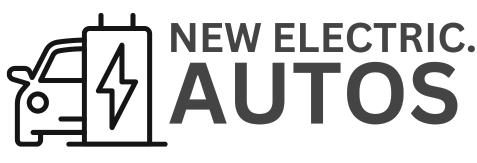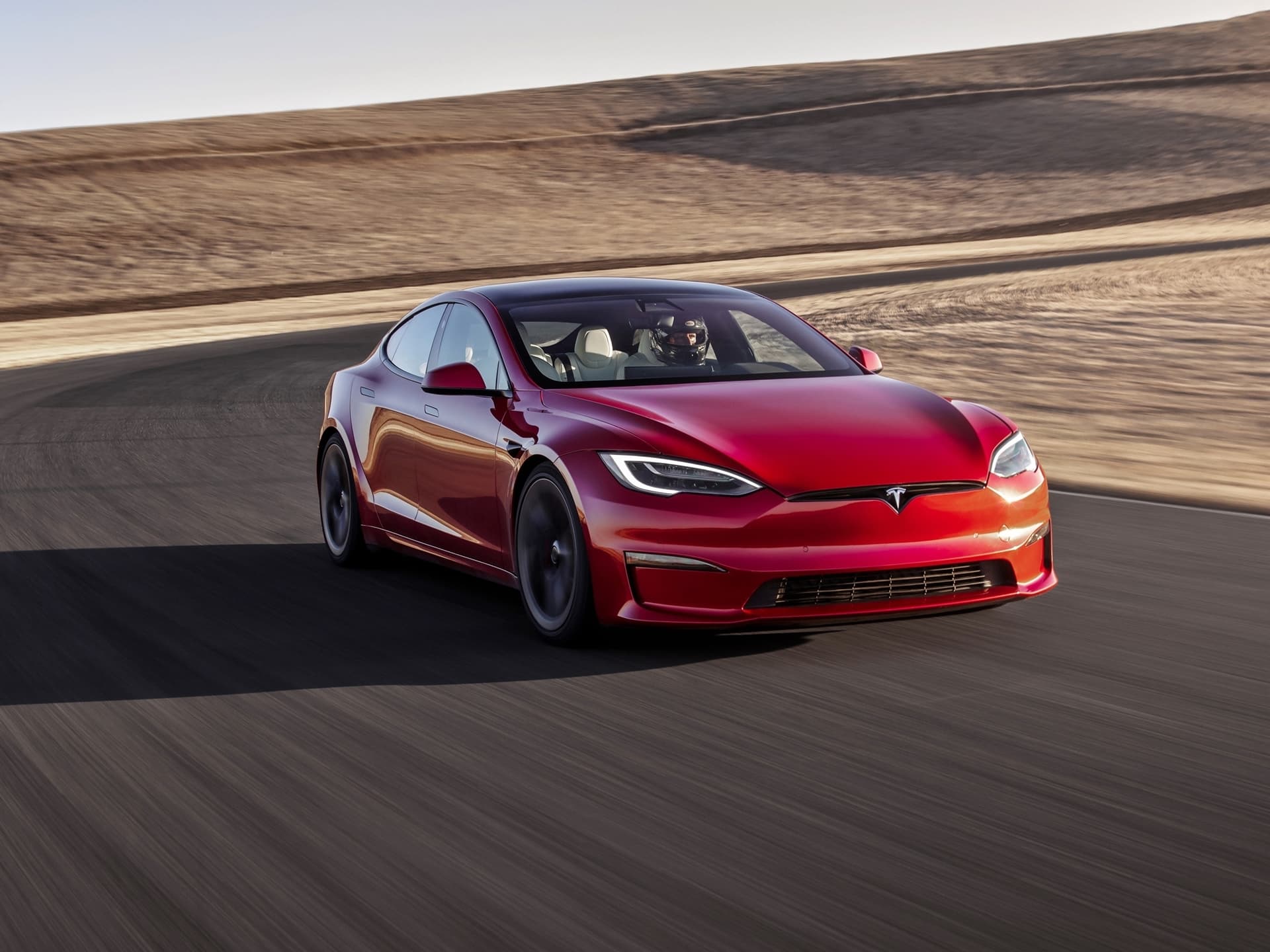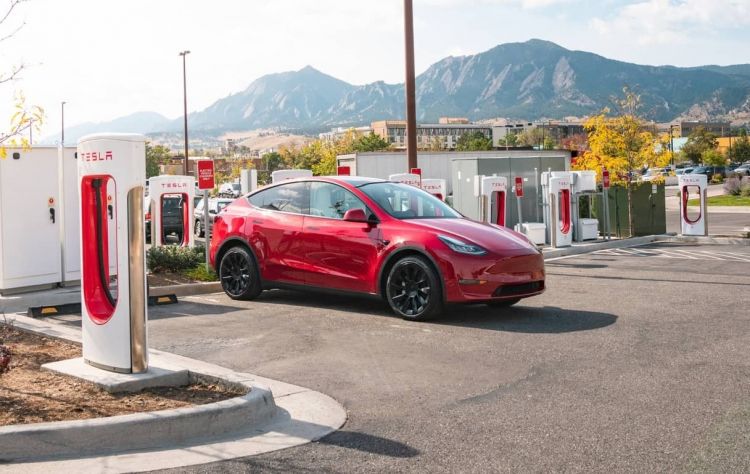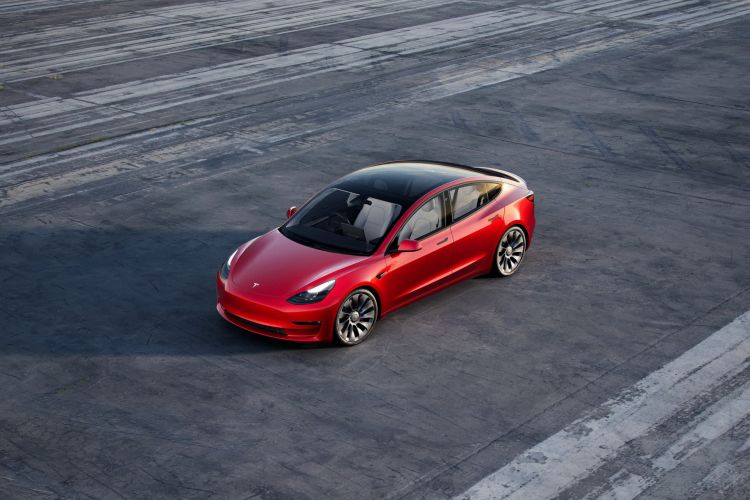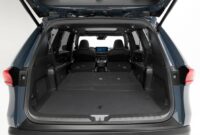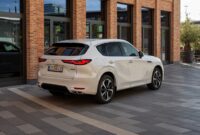There are many who take the measurements of homologation cycles such as the WLTP with tweezers, which, in most cases, differ greatly from reality. This not only happens with the consumption of cars, but also with the autonomy of electric cars. And although it is true that in South Korea this WLTP system is not used and the problem does not lie in how they have analyzed the vehicles that we are dealing with today, the Fair Trade Commission has fined Tesla 2.1 million euros for allegedly carrying out misleading advertising regarding the autonomy of their vehicles and charging times.
Specifically, the fine that Korea has imposed on Elon Musk’s firm has been 2,852 million won, which in exchange is equivalent to the given figure. But this situation has not been caused by a recent event, but the story goes back to 2019 when Tesla supposedly promised autonomy and charging times on its website for South Korea. that later did not correspond to reality.
Tesla confronts South Korea over misleading advertising about its vehicles
It was specifically on August 16, 2019 when the American house published this data that had little or nothing to do with what a user experienced in real use. Thus, the investigation by the South Korean Fair Trade Commission began in February 2022, concluding that advertising about Tesla’s products had been misleading.
According to the entity itself, Tesla has been overly optimistic with “the autonomy of cars on a single charge, the costs compared to a combustion car and the capacity of its Superchargers.” This caused, together with the realization that the rest of Tesla’s web pages did not give the same informationthat the investigation be opened.
But the story does not end here, since the body has sanctioned the electric car firm with 1 million won -the equivalent of 740 euros- for not complying with the Electronic Commerce Law. Specifically, the Fair Trade Commission carries against Tesla for, allegedly, impediments when canceling orders and lack of information about the purchasing policy.
Regardless of this, Tesla has enjoyed good success in the country, closing courses in which 80% of electric vehicles sold in South Korea correspond to the Musk brandsitting not only face to face with local firms such as Hyundai or Kia, but also substantially surpassing them.
